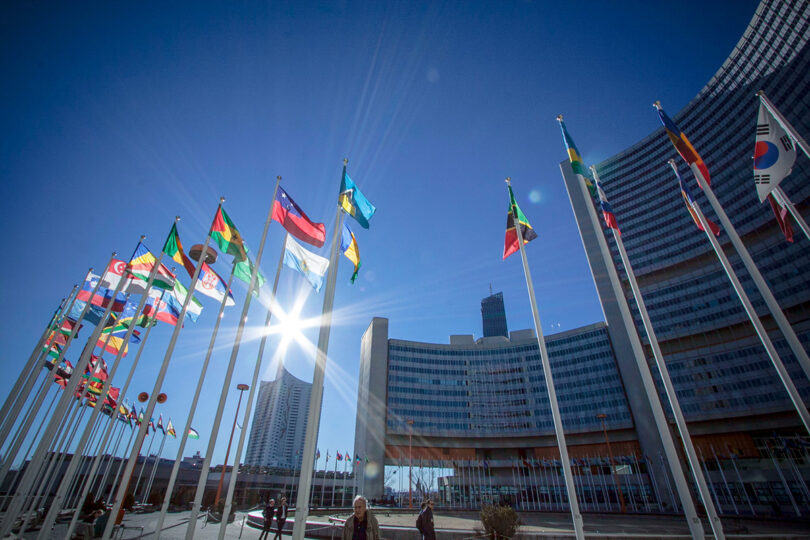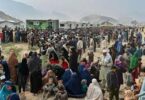The United Nations Office on Drugs and Crime (UNODC) and its local partners including the Afghan government are currently discussing the solutions for sustainable alternative livelihoods for former poppy farmers who relied on illicit crop cultivation in the past. The Islamic Emirate of Afghanistan (IEA) welcomed the meeting and endorsed that it is necessary to find an alternative to poppy cultivation in order to have a drug-free Afghanistan. According to the cleric regime, the cultivation of poppy is prohibited in Afghanistan, the time has come to prevent it, and the Islamic Emirate wants to permanently eradicate narcotics from Afghanistan. UNODC recently reported that poppy cultivation in Afghanistan has decreased by 95% this year yet the farmers are turning toward previous hobby because of worsening economic crisis, a lack of resources and unemployment.
Afghanistan has long been the world’s top grower of opium, producing more than 80% of the global supply, while the unceasing Afghan conflict has been a major reason behind mass production of this poisonous crop that was a major source of income for Afghan warlords, militant groups in that nation. Over the past years under the UN patronage, the International donors poured billions of dollars on counter-narcotics drives in Afghanistan, including programmes to encourage farmers to switch to other cash crops and monetary incentives, provision of livestocks and alternative livelihoods, but failed.
Historically, the situation regarding poppy cultivation in Afghanistan remains a complex and evolving issue, and addressing it effectively requires comprehensive strategies that address the root causes behind poppy cultivation along with supporting sustainable economic development and governance in the region. The United Nations and the global community had invested bulk money to overcome this deadly business in the past decades but failed while the Taliban regime considered the poppy production harmful but hesitant in taking stern actions against the perpetrators. The poppy farmers once accustomed to illegal drug money are not ready for contentment and lawful farming of wheat, maze and vegetation which are the core exports of the country. Hence, such meetings of the Afghan leaders and their western partners are less likely to produce positive results until and unless the Cleric regime picks up the rod and announces stern punishments for the violators. Otherwise, the spoiled children would not tolerate their businesses and incomes.







